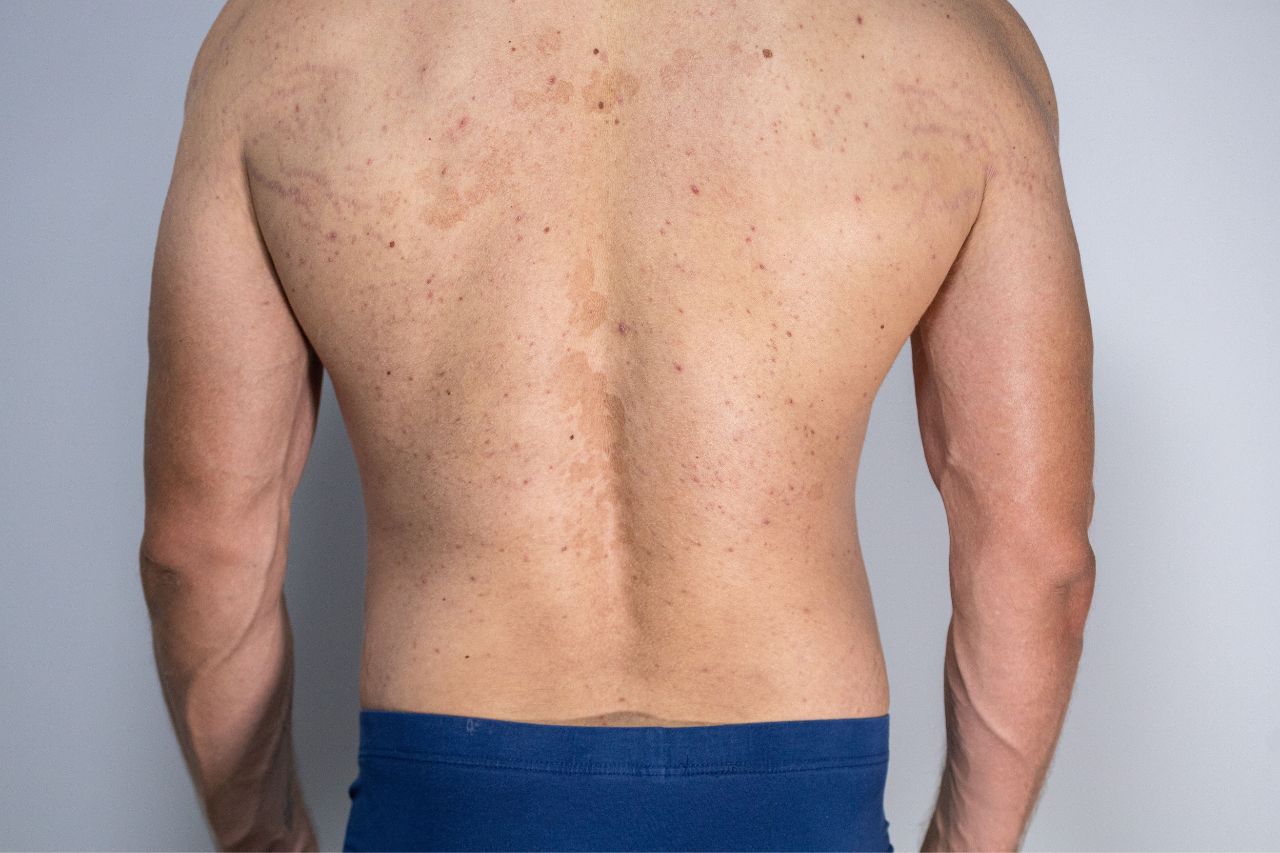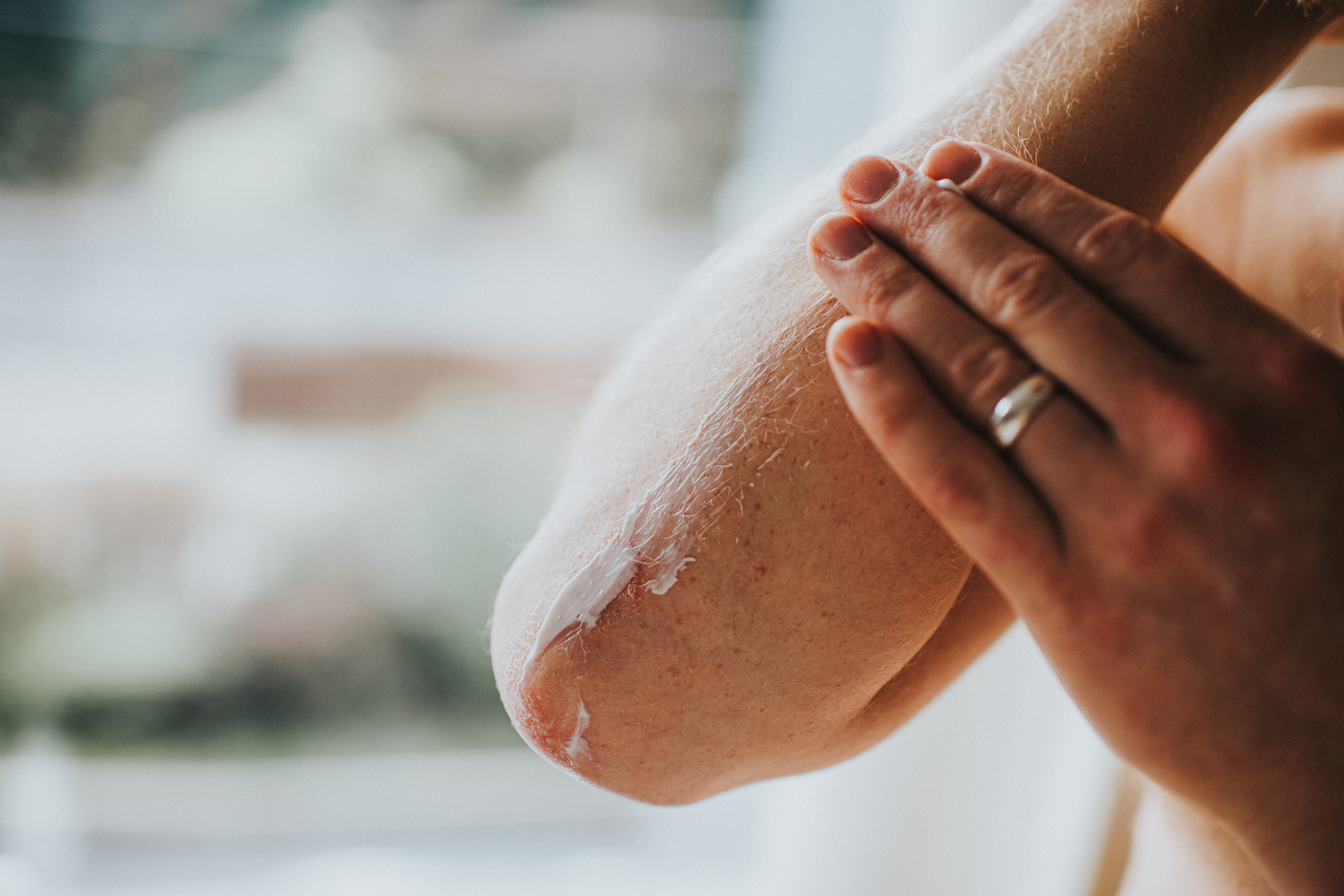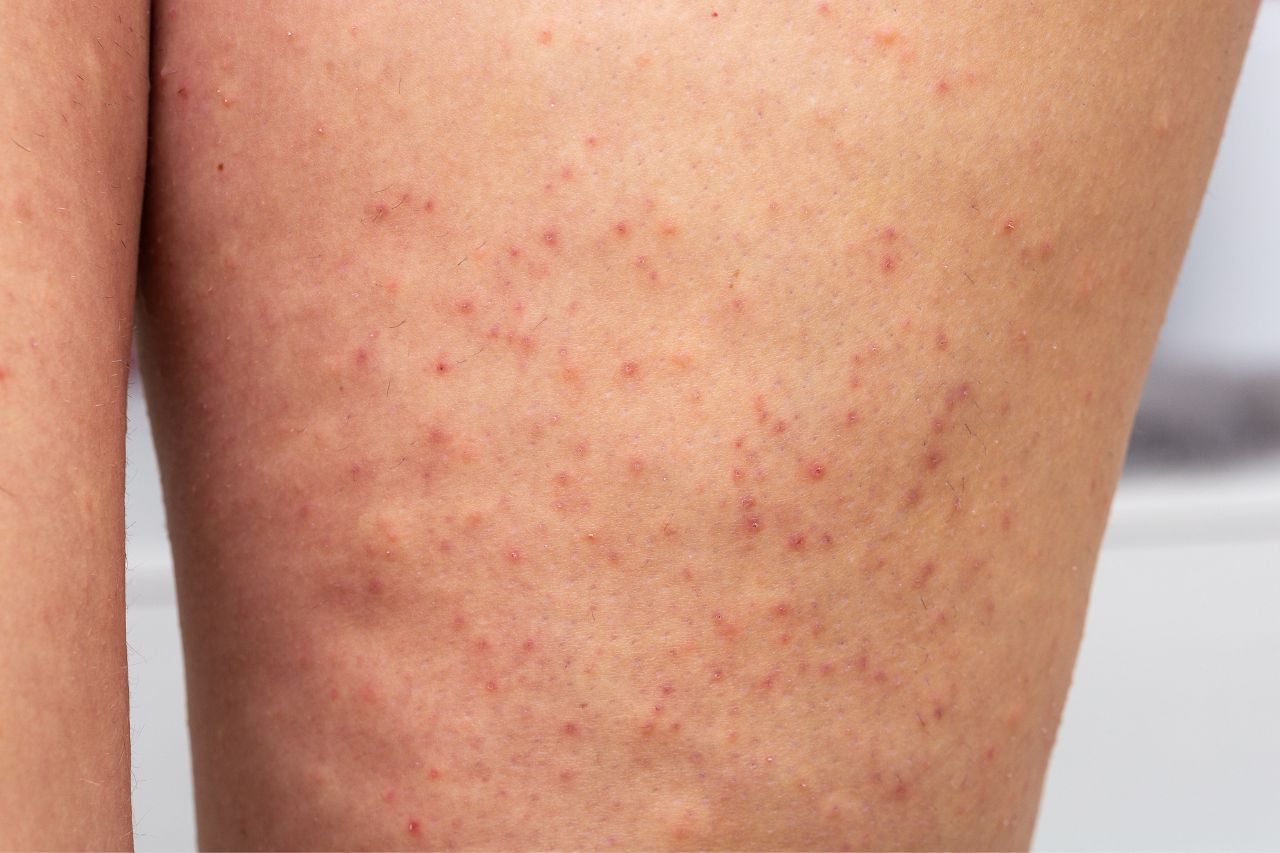What Your Skin Says About Your Health

Your skin is more than an outer protective covering over your muscles and bones. It’s the body’s largest organ and can provide surprising insight into what’s happening below the surface. The key is learning what it can tell you and paying attention to signs of health problems.
Skin Health and Diabetes
One in 10 Kentucky residents is among the 29 million nationwide who have diabetes, a disease marked by high blood glucose (sugar). Unfortunately, more than a quarter of those who have it haven’t been diagnosed. Your skin can offer some of the earliest clues about diabetes.
When your body removes excess blood glucose through urination, you lose fluid, causing your skin to become dry, cracked, and itchy. Scratching your skin to address itching can lead to infection, particularly because diabetes can damage nerves and reduce your ability to feel pain from injuries. Additionally, high blood glucose promotes the breeding of harmful bacteria and fungi.
Up to 33% of people with diabetes experience skin conditions, including:
- Styes around the eyelids and boils around hair follicles caused by bacterial infections
- Athlete’s foot, jock itch, and vaginal yeast infections
- Itching in the lower legs
- Darkened patches of skin on the sides of the neck, armpits, and groin called Acanthosis nigricans
However, other conditions can cause these symptoms, so you shouldn’t assume you have diabetes if you experience them. Your doctor can order a simple blood test to determine if you have the disease and then prescribe treatment for managing it.
Other Skin Issues That May Indicate a Health Problem
Diabetes isn’t the only disease that can affect the skin. Other skin abnormalities that you should mention to your doctor include:
- Dry, itchy skin. In addition to being a diabetes symptom, persistently dry skin can be a symptom of eczema (atopic dermatitis), thyroid disorders, and lymphoma. Certain medications, like opioids, can also cause dry, itchy skin.
- Red patches on the hands. The most common cause of hand irritation is frequent handwashing. And considering the many illnesses that handwashing can protect you from, it’s worth the price. But red spots on the backs of the hands can be a symptom of dermatomyositis, an autoimmune disorder similar to lupus.
- Changes in skin color. If your skin becomes noticeably gray, develops brown or tan spots, or changes in some other significant way, it can indicate a chronic illness like liver or kidney disease.
- Rashes. It’s common to experience contact dermatitis, a rash caused by something you touch. However, a persistent or unusually shaped rash can signify a medical problem. For example, Lyme disease causes target-shaped skin irritations, and people with lupus may develop a butterfly rash on their faces. The skin condition psoriasis also causes rashes, and it’s important to know that people with psoriasis have a higher risk of heart disease and other conditions.
- Small bumps near the eyes. People with high cholesterol may develop small bumps called xanthelasma around their eyes or nose. However, roughly half of those with them don’t have high cholesterol.
- Dandruff. Dandruff (seborrhea) is a minor skin condition you can treat with medicated shampoo. However, patients who’ve had a stroke or who have Parkinson’s disease are more likely to develop severe dandruff.
These are just a few skin issues that may indicate a health problem. You should talk to your doctor if your skin looks or feels odd.
Learn About Skin Conditions and Medical Problems from Baptist Health
Your skin can be a “window” into your overall health. Don’t hesitate to contact your primary care physician if you have questions or concerns. If you don’t have a Baptist Health doctor, you can find one using our online provider directory.



